Science Shop
Advertisement
Resisting Chocolate and Temptations
- By Rolf Lewis
- . November 5, 2023
The Brain Learns to Prefer Unhealthy Foods The typical Western diet is high in fat and sugar, and many people in industrialized countries prefer unhealthy
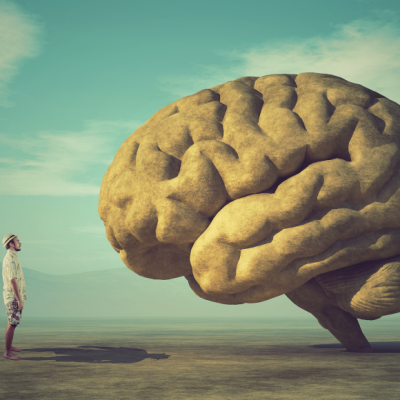
Do Humans Have Free Will?
- By Geert Devenster
- . October 28, 2023
The Libet experiments from the 1970s and 1980s suggested that humans do not have free will. Now, the experiments have been repeated to solve the

Discovering Human Near-Death Experiences
- By Rolf Lewis
- . August 4, 2023
A recent study conducted by scientists at the University of Michigan School of Medicine has shed new light on the phenomenon of near-death experiences. The
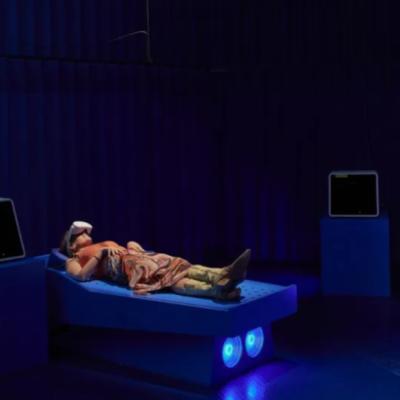
Virtual Reality Experience: Facing Death
- By Rolf Lewis
- . July 3, 2023
A new art installation in Melbourne, Australia is allowing visitors to experience their own death through an Extended Reality (XR) simulation. The installation, called “Passing
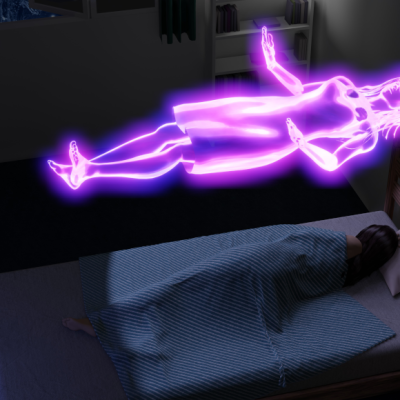
Real Near-Death Experiences
- By Geert Devenster
- . November 22, 2022
In a groundbreaking study, scientists at the University of Louisville have recorded the brain activity of a person seconds before and after their death, revealing
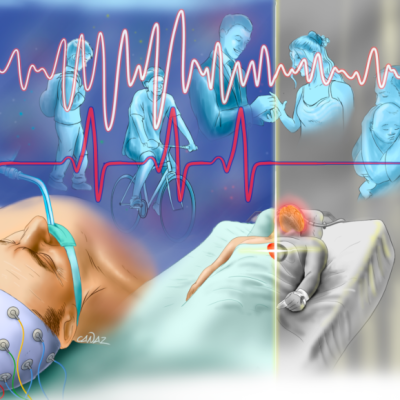
Brain Activity Recorded Before and After Death
- By Geert Devenster
- . February 24, 2022
For the first time, doctors have recorded the brain activity of a person seconds before and after their death. The observed brain waves are typically
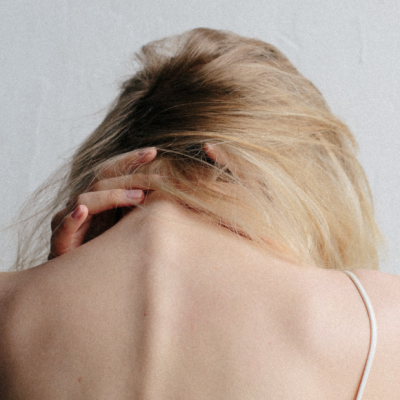
Brain Training Stops Chronic Pain
- By Geert Devenster
- . November 26, 2021
Chronic pain is a common diagnosis that often leads to the prescription of opioids as painkillers. However, these drugs can be addictive and have caused
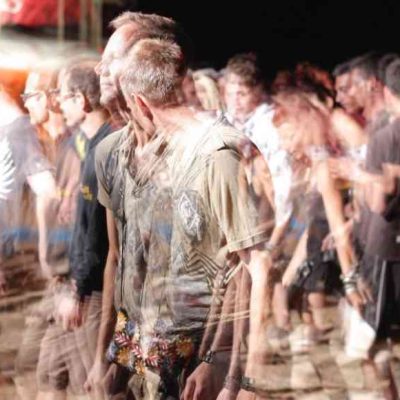
LSD induces brain semi-sleep
- By Geert Devenster
- . September 17, 2021
The consumption of LSD reduces communication between brain structures and leads to a state of semi-consciousness. Researchers at Baylor College of Medicine in Houston, USA,
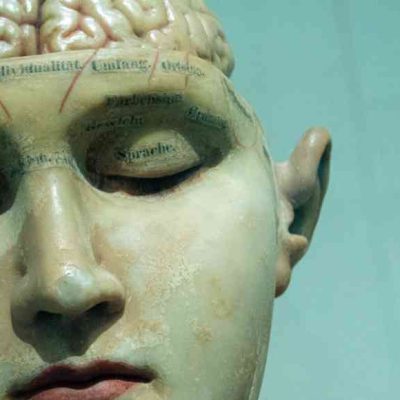
Electric Brain Stimulation Boosts Creativity
- By Geert Devenster
- . November 7, 2020
A recent study published in the journal Brain Structure and Function has found that deactivating certain regions of the brain through transcranial direct current stimulation
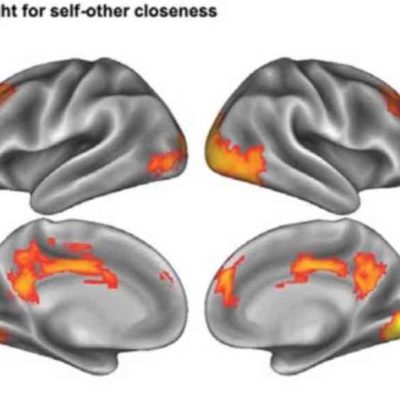
Loneliness Alters Brain Activity
- By Geert Devenster
- . June 19, 2020
Loneliness and social isolation have become increasingly prevalent during the COVID-19 pandemic, affecting people of all ages. A recent study published in the International Psychogeriatrics









